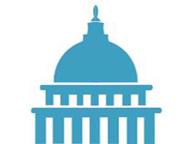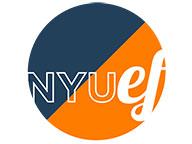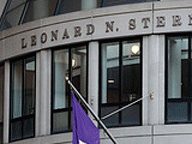Faculty News
—
Dean Peter Henry's remarks on the importance of access to education are highlighted
—

Excerpt from Bloomberg -- "Those in the U.S. in the top one-fourth of income distribution have an 85 percent chance of going to college, compared with 8 percent for those in the lowest quarter, said Peter Henry, dean of the Stern School of Business at New York University, in an interview on Bloomberg TV Feb. 27, citing Yellen’s comments on income inequality."
Faculty News
—

Excerpt from Bloomberg -- "Those in the U.S. in the top one-fourth of income distribution have an 85 percent chance of going to college, compared with 8 percent for those in the lowest quarter, said Peter Henry, dean of the Stern School of Business at New York University, in an interview on Bloomberg TV Feb. 27, citing Yellen’s comments on income inequality."


















